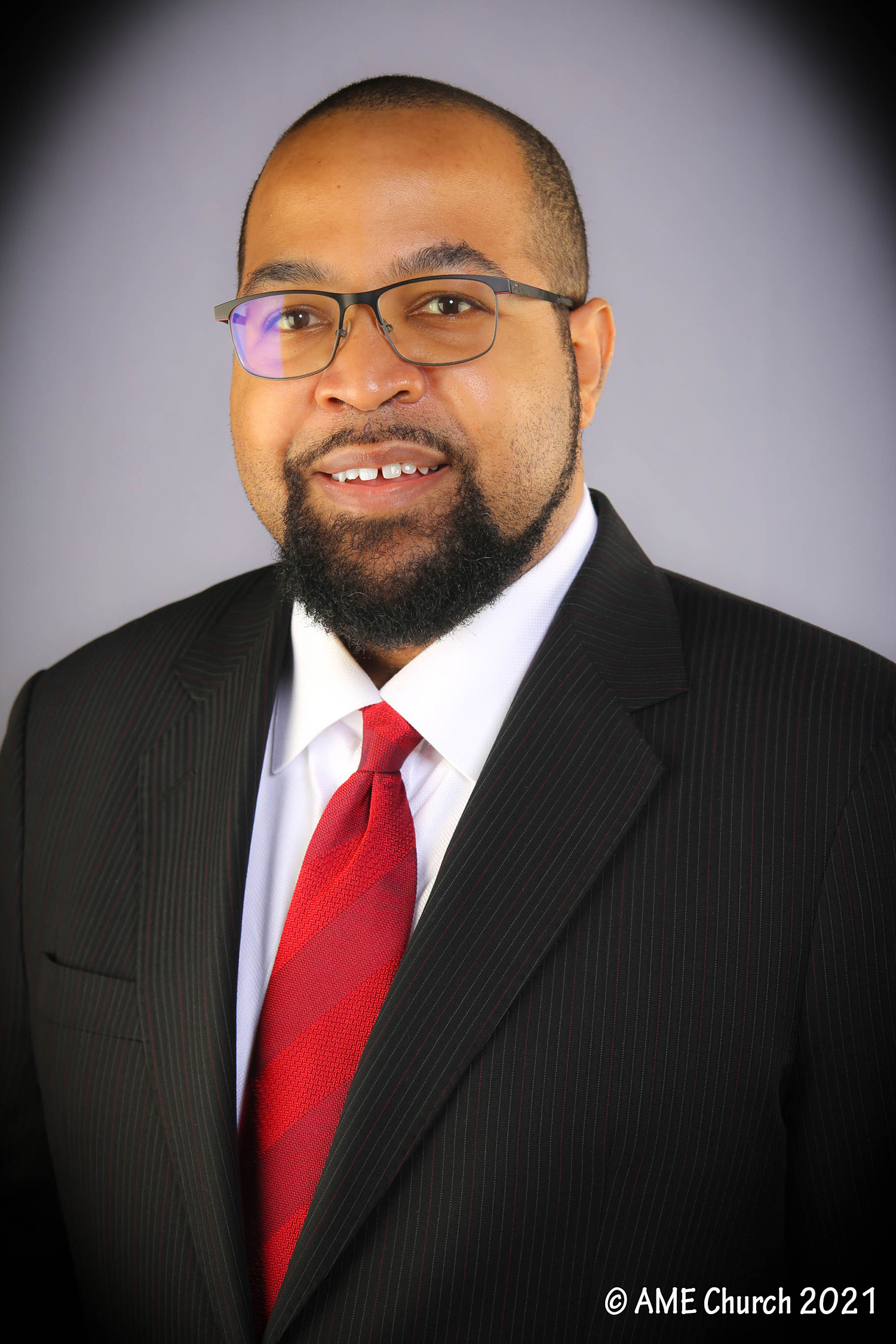By John Thomas III, Editor
Enron. Bernie Madoff. Stanford Investments. Fyre Fest. Theranos. The last 20 years have been filled with examples showing how corporate governance structures can be manipulated to hide fraud and perpetuate schemes stealing millions upon millions of dollars. In each of the instances cited, gaps in corporate oversight led to executives being able to defraud consumers and clients. Board members did not have sufficient skill sets to supervise the executives adequately or were not given all the information to make the appropriate judgments. These examples of corporate greed continue to have repercussions to this day.
When we see these issues in the secular world, we immediately wonder why no questions were asked and if people truly did not know what was going on. “How could someone take (insert amount here) and no one know anything?” In each of these stories, one learns of whistleblowers at all levels of the company who saw red flags and warned of the potential consequences—but they were ridiculed and silenced by a culture that would not tolerate dissent because the image had to be preserved.
Manipulation of governance structures not only happens in the secular world. Recent revelations regarding maladministration of the Department of Retirement Services and the Connectional Lay Economic Development Corporation (CLEDC) should give us all pause. While the amount impacted is smaller than the corporations I have mentioned, the behaviors are sadly the same. We find poorly supervised executives with boards who were given insufficient information and misled into authorizing actions that led to massive losses of capital and confidence. Across the breadth of the African Methodist Episcopal Church, from the local to Episcopal District levels, we have heart-breaking stories of properties being lost and monies being misappropriated due to a culture that does not question leadership but simply follows.
“You will know the truth, and the truth will make you free.” (John 8:32 NRSV) These are the words of Jesus Christ, and we know that indeed there is freedom in truth. Yet, what happens when the truth is that the financial actions being taken are improper and unwise? We cannot talk about symptoms without attacking the larger issue in the AME Church culture of equating legitimate questions with obstructing leadership. We have confused respectful dissent with rebellious discord. To be sure, there are those who do not want to see progress and are more concerned with earthly power than Kingdom building. Yet, more often than not, the questions come from loyal clergy and laity who rightfully want to protect the assets of their congregation and Annual Conference for future generations instead of seeing them siphoned off for current gain.
As heirs of the Free African Society, the Connectional AME Church is imbued with a spirit of economic empowerment and community uplift. We are to be our brother’s and sister’s keeper. The culture of silence that reigns throughout our church must be repudiated. There is smoke in the room, and unless the fire is put out, everyone will suffocate.





